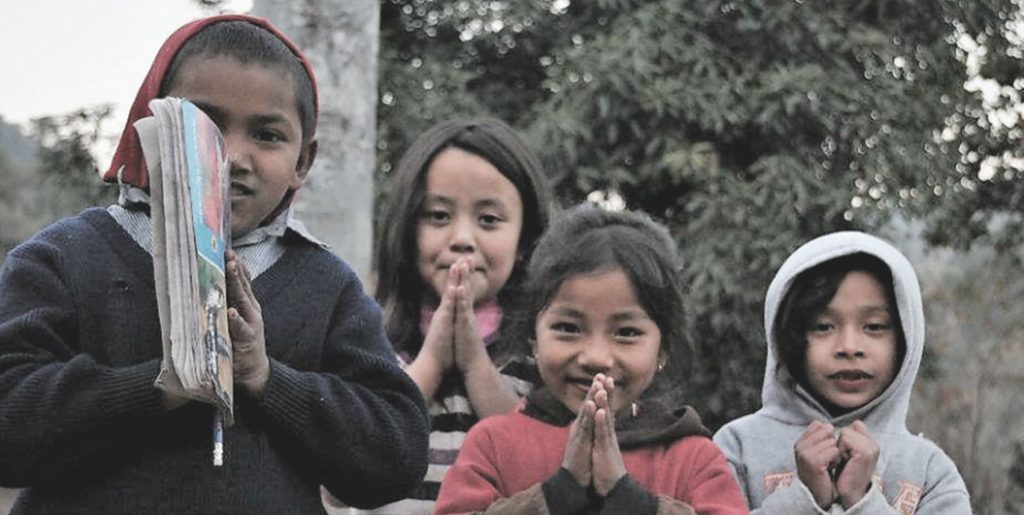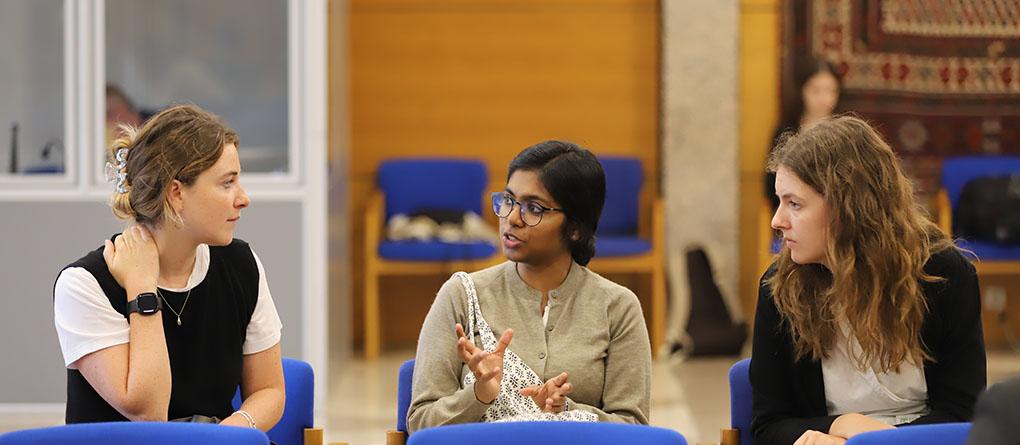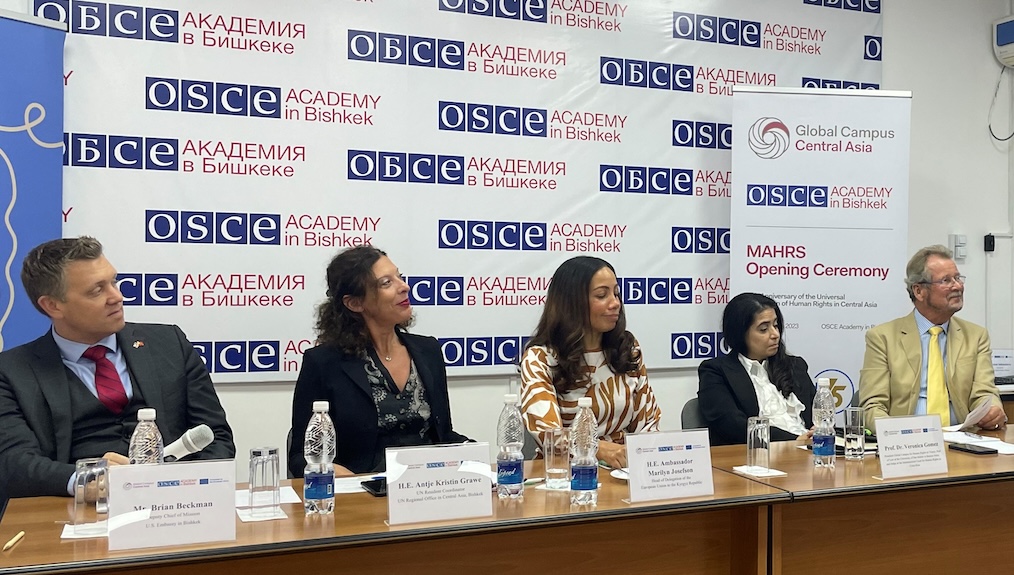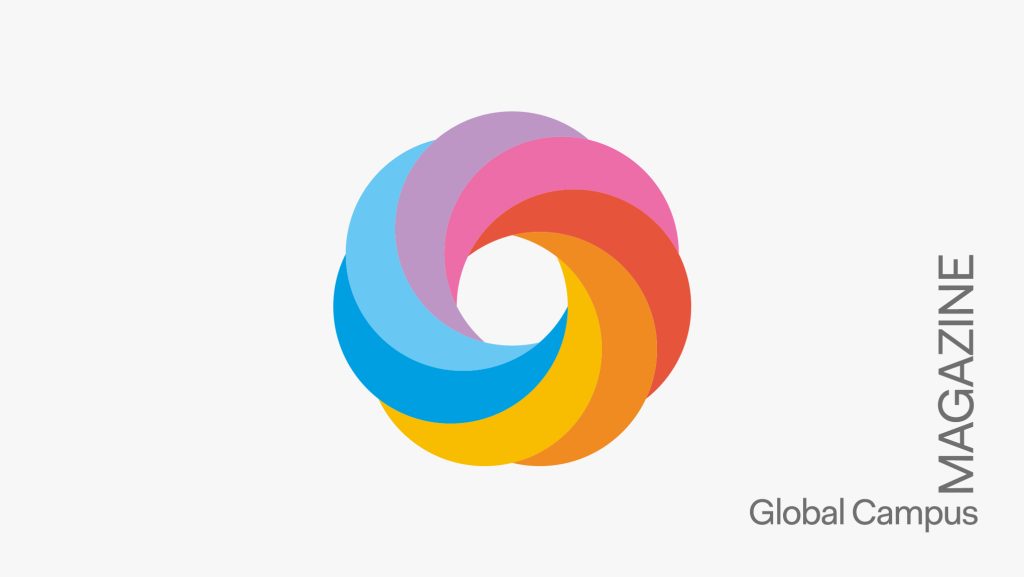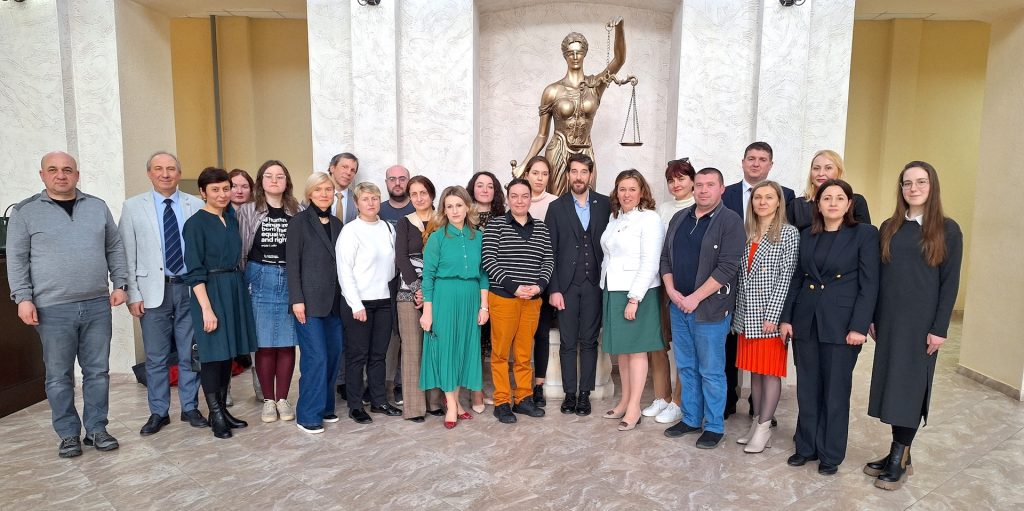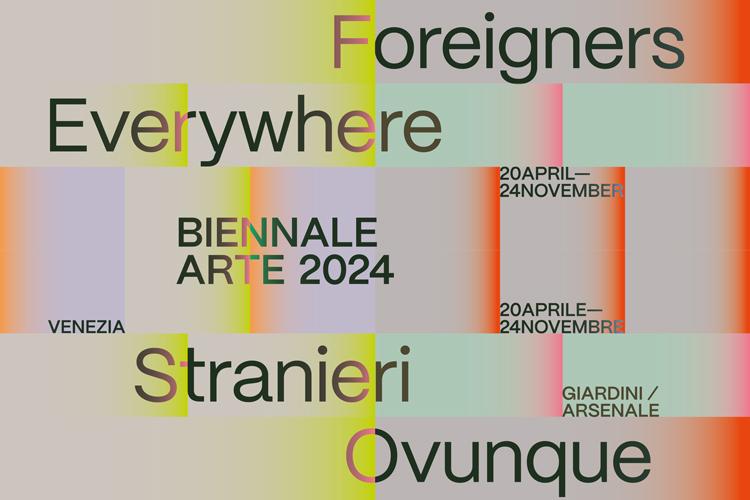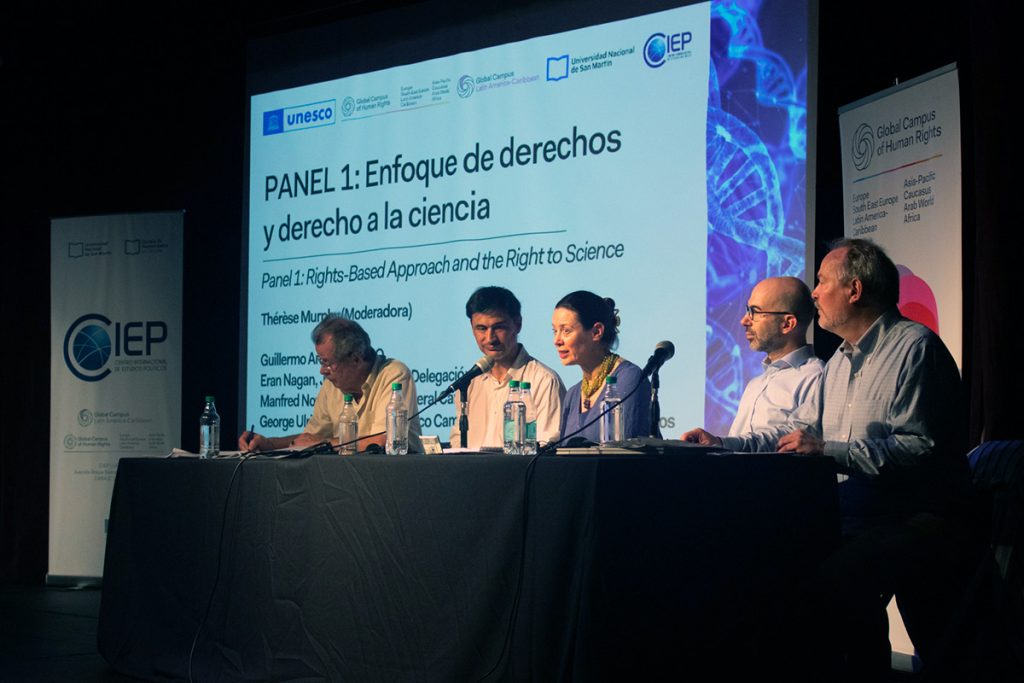Global Campus of Human Rights Statement on the Recent Events in Israel and Palestine
As members of the Global Campus of Human Rights community, we are witnessing the ongoing conflict and massive human suffering in Palestine and Israel with horror and dismay. We express profound empathy and solidarity with victims on all sides of the conflict, whomever they may be. Being resolutely committed to international human rights and humanitarian […]
Global Campus of Human Rights Statement on the Recent Events in Israel and Palestine Read More »
